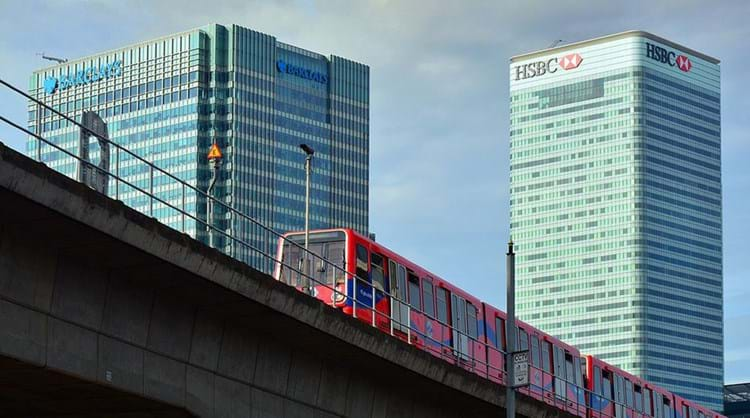
Even the sale of goods “associated with Iran” could be enough to breach US sanctions, according to one banking source.
ATG has learned of cases where both Barclays and HSBC have sought to warn clients over trade with Iran or for selling objects described as Persian or Indo-Persian.
In one incident, a Barclays client was asked to provide clarification on the sale of an 18th century Indo-Persian dagger of a type commonly seen for sale in the UK.
To maintain a trading account, the customer was asked to sign paperwork saying he would no longer offer similar works for sale.
Complex Sanctions
Despite the recent lifting of UK trade sanctions with Iran, the majority of US primary sanctions remain in place.
The law is complex. The US allows for the trade of Persian carpets of a certain weave and age but “antiques of an age exceeding 100 years that are not carpets and other textile wall coverings are not authorised for importation into the United States”.
Simon Franses of S Franses, London, a specialist in tapestries, textiles and carpets, told ATG: “These rules can catch artworks for which no rational person could think they were intended.”
Fred Clark, a solicitor at Boodle Hatfield’s Art Law & More team, said: “This is evidence that banks are keen to protect their reputation in the US. They want to be seen to be complying with these rules to ensure they do not fall foul of US rules.”
He said there is also a heightened awareness on artefacts from the region because of the wider appetite for the UK to support nations where cultural items are being removed. The Cultural Property (Armed Conflicts) Bill reached report stage on February 20.
Barclays declined to comment and HSBC said: “While many sanctions have been lifted on Iran, a majority of US primary sanctions remain in place. Banks must ensure they do not violate these. HSBC will continue to comply with all relevant sanctions policies.”
It is understood that details such as provenance and age could be demanded to prove objects for sale were not bought by or sold to Iran.
Objects from the geographic regions known as Persia and Indo-Persia could have been be made within a number of modern borders including India, Pakistan, Turkey, Egypt and Iraq.
Modern-day Iran, heir to one of the world’s oldest civilizations, was established during the 1979 Revolution.
Factbox: what the US sanctions say
While the UK government now fully supports expanding a trade relationship with Iran, many US sanctions remain. The Iranian Transactions and Sanctions Regulations, amended in January 2016, allow for the commercial importation of both foodstuffs intended for human consumption and some “carpets and other textile floor coverings and carpets used as wall hangings”.
However, other antiques (objects of more than 100 years old) still carry restrictions for the importation into the US.




